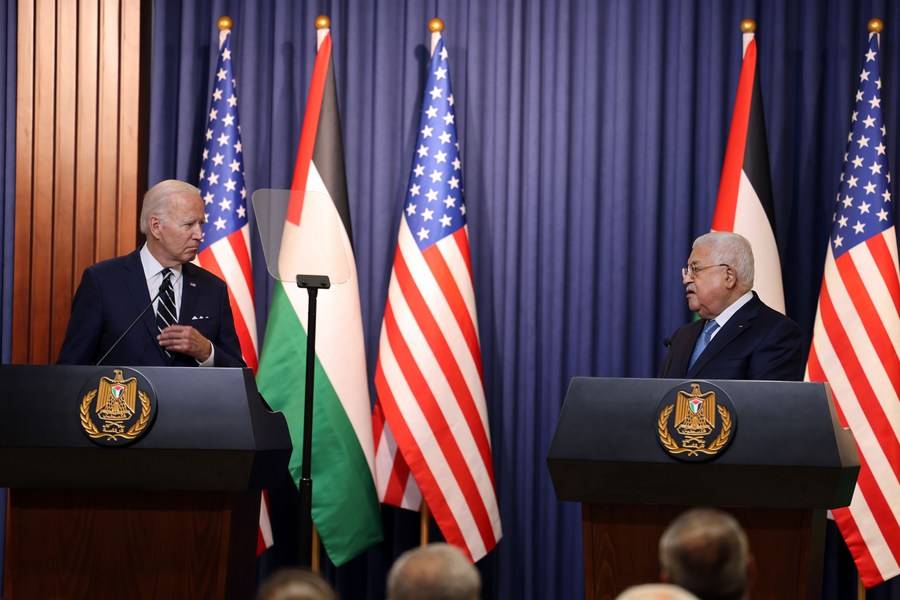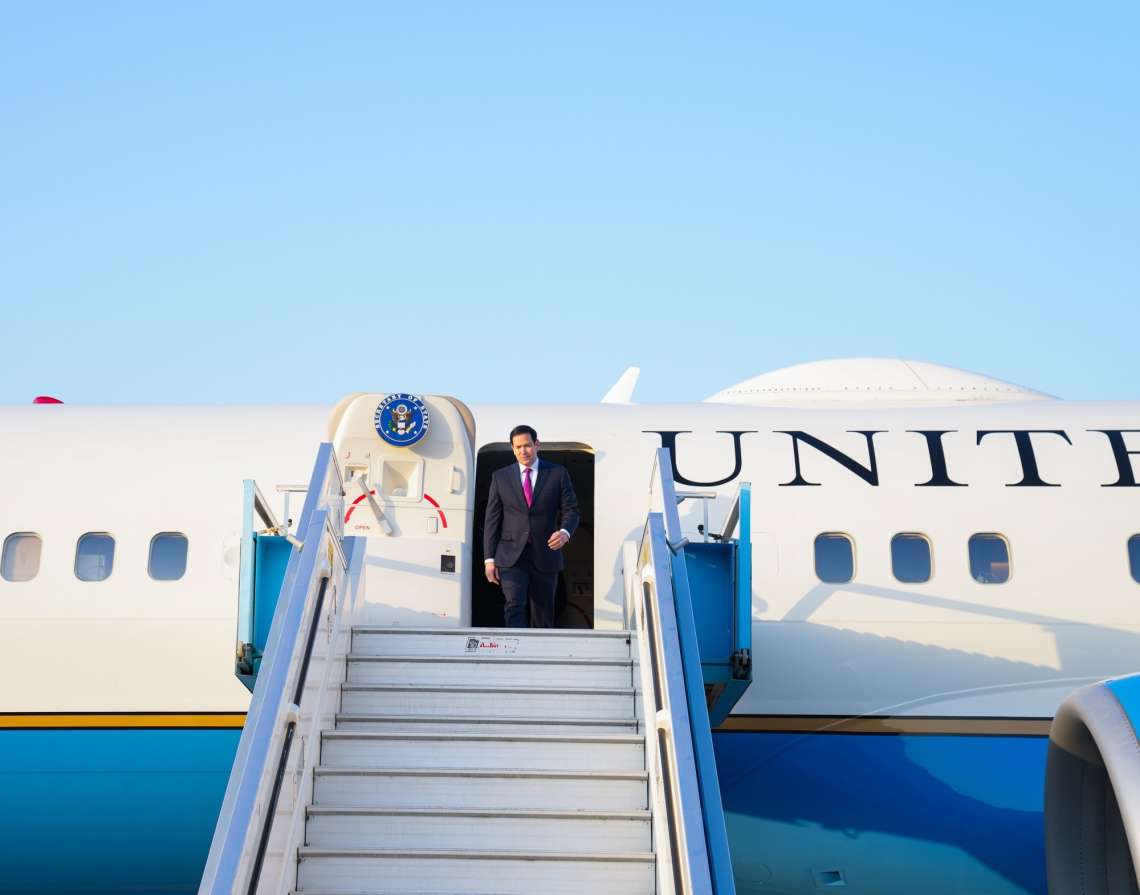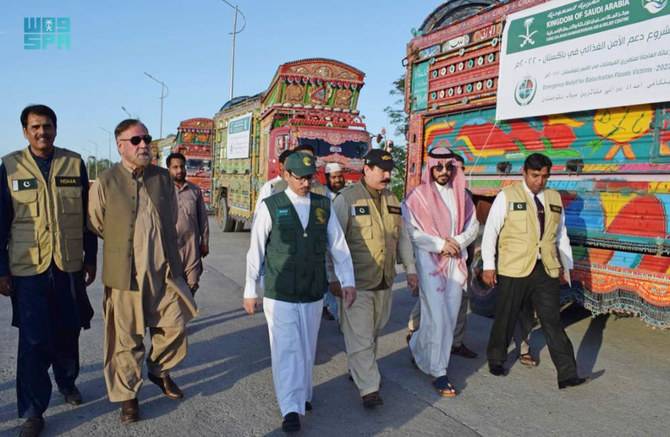President Biden’s anti-Iran remarks, which were made during his Middle East visit, are “part of Washington’s policy of inciting sedition and fomenting tensions in the region,” Nasser Kanaani says
The Iranian Foreign Ministry spokesman on Sunday dismissed the U.S. president’s recent claims over Iran’s nuclear activity as a “failed policy of promoting Iranophobia,” which seeks to cause tensions and crises in the region.
Joe Biden’s anti-Iran remarks, which were made during his Middle East visit, are “part of Washington’s policy of inciting sedition and fomenting tensions in the region,” Nasser Kanaani said.
Citing the American dark record and history of hostility toward other countries, Kanaani noted that the United States invaded and occupied a number of regional countries and has sold numerous weapons, as well as is constantly interfering in regional states’ internal affairs.
Mr Kanaani reaffirmed Iran’s strategic policy of seeking to use nuclear technology only for peaceful purposes within the framework of the international rules and regulations, saying Iran is committed to the continuation of the talks on the removal of the sanctions and revival of a 2015 nuclear deal.
He stressed Iran’s principled and constructive policy of welcoming dialogues with neighbors and regional initiatives, expressing hope that “regional governments are expected to take constructive steps in favor of collective security, peace, stability and development.”
The United States pledged not to allow Iran to acquire a nuclear weapon even at the cost of using “all elements of its national power,” affirming its commitment to work together with other partners “to confront Iran’s aggression and destabilizing activities,” Biden said in a U.S.-Israel joint declaration in Jerusalem on Thursday.
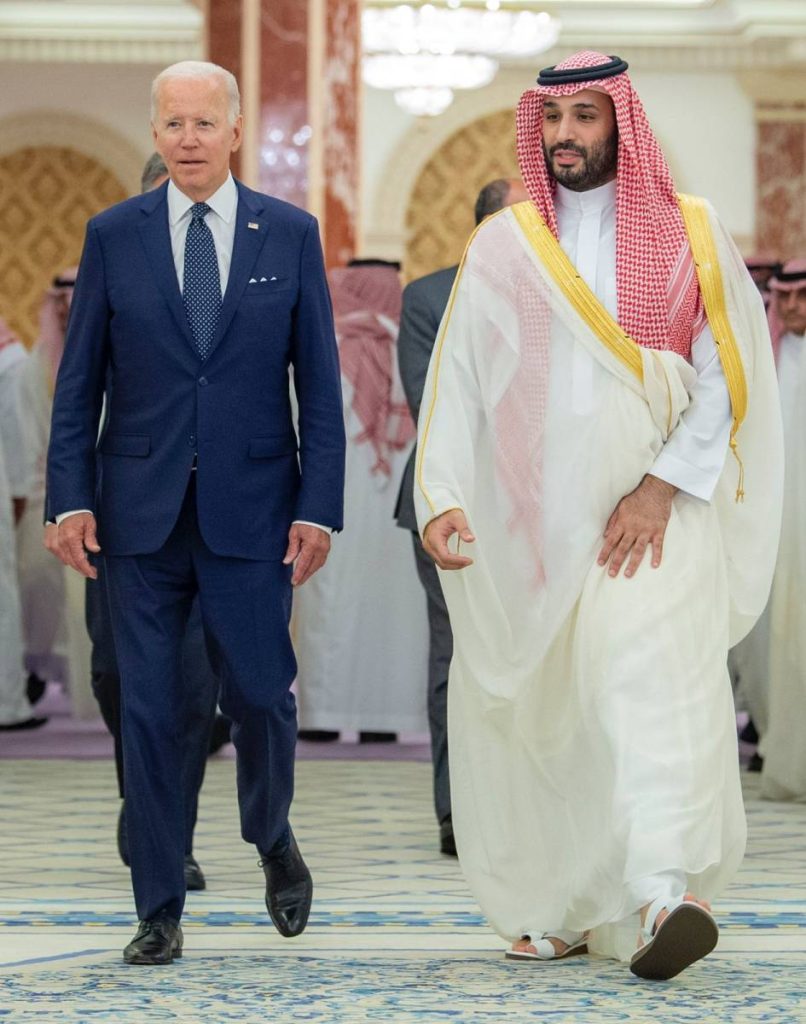
U.S. isolation
President Biden’s first Middle East tour meant to rally support to counter what he called “Iranian threats” is most likely to see a watered-down achievement, given Iran’s sustained efforts to improve relations with neighbours and other countries in the region, analysts said.
A handful of Iranian media outlets recently reviewed the track record of Iran’s foreign policy under the current administration that has put regional countries on top of its priorities, finding some fruitful outcomes in fixing Iran’s strained ties with regional powers such as Saudi Arabia.
Since the first day of his administration, Iranian President Ebrahim Raisi has been focusing on developing ties with, firstly, neighbors and regional countries and, secondly, Asian and other countries.
“As widely confirmed by experts, Iran’s neighbours offer considerable capacities for exchanges in the economy, energy, transit and trade sectors,” the semi-official Tasnim News Agency wrote in a recent analysis on Raisi’s approach.
The most important strategy Raisi has pursued is to go beyond the “unwritten” convention of limiting Iran’s foreign policy to the interactions with the West, Khabaronline news website wrote in an opinion piece on the 11-month performance of the Raisi administration.
Instead, “he and his team have constantly taken major steps toward opening new chapters in bilateral ties with neighbors and regional states and clearing up the misunderstandings,” the website wrote.
The Raisi administration managed to prepare all the ground for Iran to get full membership of the Shanghai Cooperation Organisation, in a bid to enjoy the abundant opportunities the transnational group can offer, it added.
Tasnim said the Raisi administration has made “diverse achievements” in diplomacy, such as a 400-percent increase in transactions with Tajikistan, expansion of strategic relations with Russia, and expressing willingness for cooperation with BRICS and other regional and international organizations.
Raisi has sought to minimize the impacts of intensified U.S.-led Western sanctions on his country with such a “dynamic diplomacy” and by adopting a “Look to the East” policy, among other efforts, semi-official Fars News Agency said in a recent article.
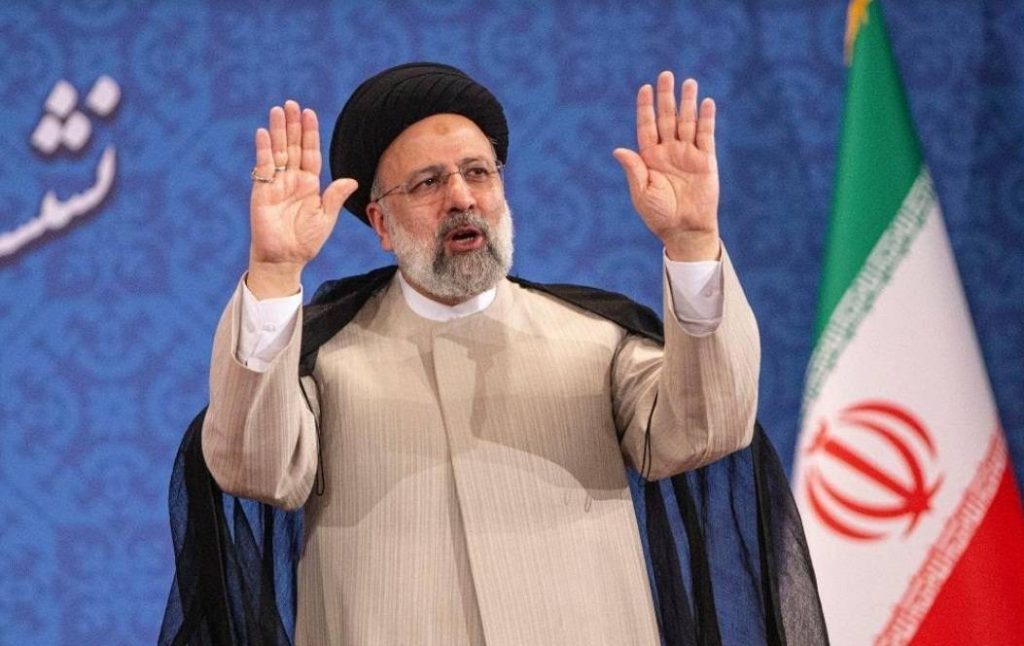
Iran has been a target of U.S. coercive measures over the past four decades, especially since May 2018 when then U.S. President Donald Trump unilaterally pulled Washington out of a 2015 nuclear deal and intensified sanctions on Iran.
However, the rise in vaccine imports and oil sales, Iran’s more active and influential role in the region, and its increased interactions with the rest of the world are all evidence of the positive outcomes of Tehran’s approach against such sanctions, the Fars article noted.
In line with its policy of boosting ties with neighbors and regional countries, the Raisi administration revived Iran’s relations with the Economic Cooperation Organization (ECO), an Asian political and economic intergovernmental organization, and had an active presence in the 15th ECO Summit hosted by Turkmenistan last November, where Iran, Azerbaijan and Turkmenistan signed a gas swap deal that helped resolve Iran’s gas dispute with Azerbaijan, Khabaronline said.
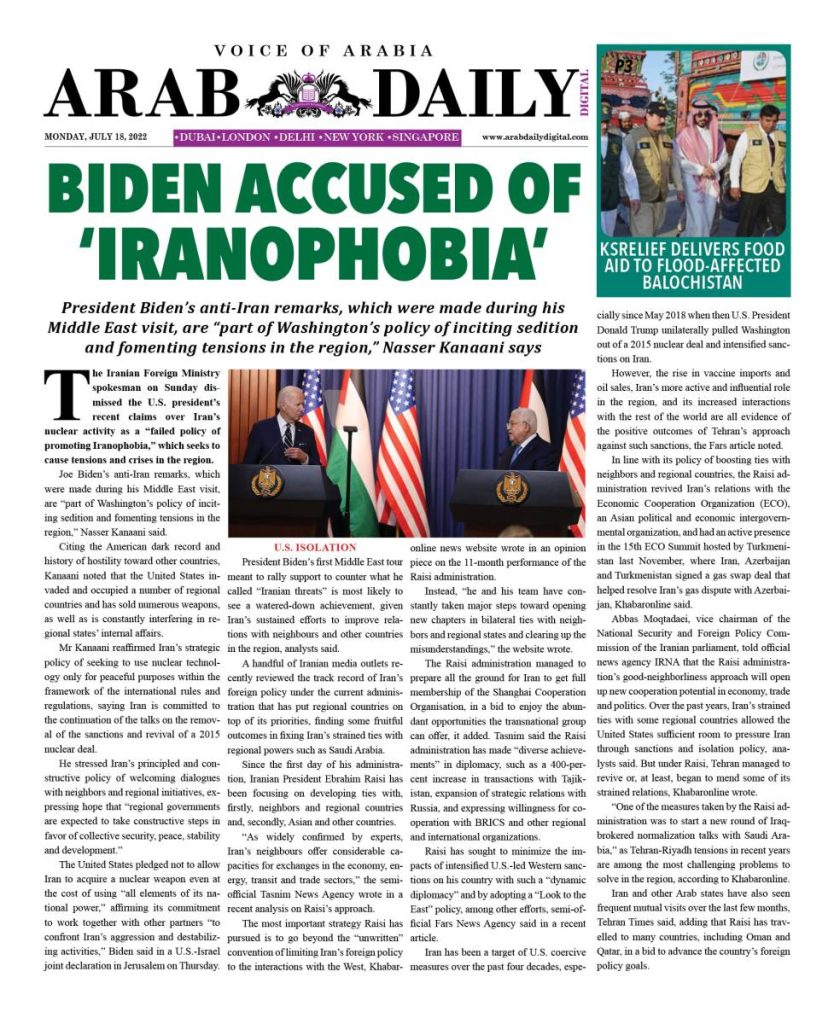
Abbas Moqtadaei, vice chairman of the National Security and Foreign Policy Commission of the Iranian parliament, told official news agency IRNA that the Raisi administration’s good-neighborliness approach will open up new cooperation potential in economy, trade and politics.
Over the past years, Iran’s strained ties with some regional countries allowed the United States sufficient room to pressure Iran through sanctions and isolation policy, analysts said. But under Raisi, Tehran managed to revive or, at least, began to mend some of its strained relations, Khabaronline wrote.
“One of the measures taken by the Raisi administration was to start a new round of Iraq-brokered normalization talks with Saudi Arabia,” as Tehran-Riyadh tensions in recent years are among the most challenging problems to solve in the region, according to Khabaronline.
Iran and other Arab states have also seen frequent mutual visits over the last few months, Tehran Times said, adding that Raisi has travelled to many countries, including Oman and Qatar, in a bid to advance the country’s foreign policy goals.
Official voices from countries with strained relations with Iran, including those that came during Biden’s first trip to the Middle East, have shown that the Raisi administration’s diplomatic efforts are gradually coming to fruition.
Anwar Gargash, a senior diplomatic advisor to the United Arab Emirates (UAE) president, told reporters on Friday that the UAE is working to send an ambassador to Tehran in thawing relations.
“We are open to cooperation, but not cooperation targeting any other country in the region and I specifically mention Iran,” he said.

